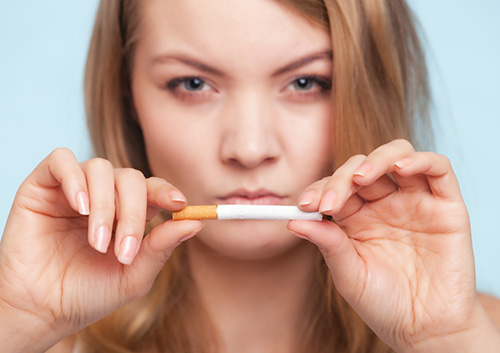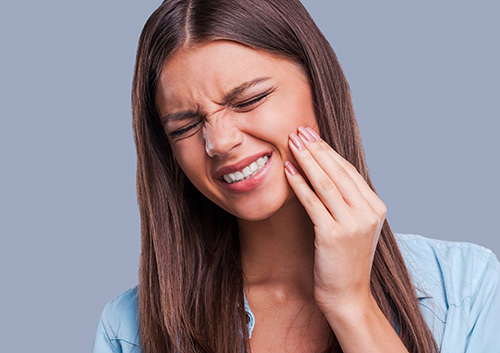Oral Health during Pregnancy
November 11th, 2015

Pregnancy can be one of the most exciting times in a woman’s life, as you eagerly wait for the birth of the new addition. Needless to say, pregnancy comes with a lot of responsibilities. Everything you do to your own body can affect your baby’s health, so you eat right and try to avoid anything that could harm your baby.
You may not realize it, but even your oral health affects your baby. You have a lot to worry about during this time in your life, but it’s important not to let your oral health slide. Maintaining good routines before and during pregnancy can improve the health of your baby.
Gum Disease and Pregnancy
Gum disease includes gingivitis and the more severe condition called periodontitis. Pregnancy gingivitis is a condition that results from bacteria in your teeth. Symptoms include gum inflammation and bad breath. If it progresses to periodontitis, your baby is at higher risk for preterm delivery and low-birth weight. You can also develop pregnancy tumors, or pyogenic granulomas, which can interfere with speaking and eating. Throughout pregnancy, continue to visit Dr. Stephen Hudis at your regularly scheduled appointments to look for signs of gum disease.
Pregnancy and the Role of Our Office
Make an appointment with Dr. Stephen Hudis at our Princeton, NJ office when you first learn that you’re pregnant, especially if you have unresolved oral health issues. If possible, try not to schedule necessary treatment during the first trimester or second half of the third trimester.
Oral Health Care Habits to Follow
Maintain a normal good oral health care regimen, which includes brushing your teeth at least twice daily with a fluoride toothpaste and soft toothbrush, and flossing daily. If your regular regimen is not up to par, now is a good time to develop good habits. You can use an unflavored toothpaste if you have morning sickness and regular toothpaste makes you feel nauseous. Also, rinse your mouth with water or mouthwash if you experience morning sickness to prevent acid damage to your teeth.







